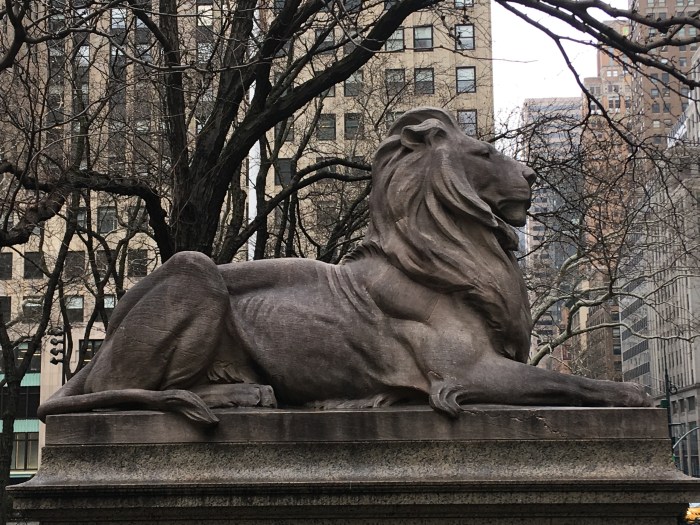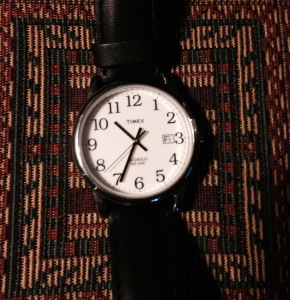 Ah! Cocooned, nutshelled, encased, enrobed. I’m here, I’m here, I’m home at lingeringly long last. Fortressed, buttressed, I move tentatively from room to room reacquainting myself, finding myself. The Bibendum ashtray, the Trumpet Call harmonica, the tiny pile of stubby Blackwings. Each object, though odd and unassuming in and of itself, is an essential key, a part of my own soul, my own secrets and my own story, transporting me back in time and place in the wunderkammern of my own little world. I can feel myself unclench as I finally am looking at, connecting to what my eyes should be seeing every day. But please no recriminations. I am looking now. Remembering.
Ah! Cocooned, nutshelled, encased, enrobed. I’m here, I’m here, I’m home at lingeringly long last. Fortressed, buttressed, I move tentatively from room to room reacquainting myself, finding myself. The Bibendum ashtray, the Trumpet Call harmonica, the tiny pile of stubby Blackwings. Each object, though odd and unassuming in and of itself, is an essential key, a part of my own soul, my own secrets and my own story, transporting me back in time and place in the wunderkammern of my own little world. I can feel myself unclench as I finally am looking at, connecting to what my eyes should be seeing every day. But please no recriminations. I am looking now. Remembering.
The open arms of my day stretch expansively before me. But then the must dos, should dos, could dos lists start to fulminate and burble in my head. I can feel my heart tighten and my breath quicken. Damn! Must we always be doing something important? Can we sometimes drift, to meld into the world without a thought or a care? Can I be brave enough to allow the world to warm me once again, to nourish me as a steaming cup of hot chocolate?
Like soft caramel, the strands lingering, I pull away.
I bundle into my coat, hat pulled firmly down to my ears, a scarf securely wrapped round and round my neck, a tightly tied up package. Each pocket is carefully checked and filled with emergency rations and supplies: ginger candies and peppermints to the left, notepad and extra pencils in the right, spare change, dried cherries, a collection of acorn tops. All the essentials for survival. My hands are deep in my pockets lightly fingering, checking, rechecking.
The Magellan of the North, I set sail for places unknown.
In a few moments I am standing on the train platform, my feet feeling the bumps and nodules of the edge. In the distance I can see a tangle of bare branches, the limbs reaching upward, a silent trembling yearning for spring and warmth and nuanced greenery. The pigeons swoop in unison, arching towards the overpass as the train itself, sinuous and massive, hums into the station. As if responding to my silent command, the doors slide wide open.
I corner myself next to a window as we set off. The buildings blur before me but my eyes are on the clouds. Today they knot and roil in the sky, softly pummeling the air above, truly an Ice Capades of the air.
As we draw into the terminal, I am buffeted in with the others, unconsciously falling into step, all of us strangely solitary amidst the crowd in our rhythmic march. And yet, when one of our number, a woman with her arms burdened with packages, unknowingly drops a bill from her pocket, a boy leaps forward out of formation to snatch it up, to quickly press it into her hand, then retreat back to continue his path. The day begins.
The streets are still damp from the snows, glowing with a winter garden of neon reflection, the cerulean, the sage, the magenta curling and bursting forth with riotous electric bloom. My feet splashing, I make my way to the library, cosseted safely between the twin lions, Patience and Fortitude. Up the marbled staircase through the carved doors to find a seat at the table, a warm corner. My hands smooth to the polished wood of the chairs. Heads bent over wide open volumes, bathed in the light of the golden reading lamps, thoughts seem to twist and promenade though the air itself, sentences cavort, the words hover and float. It is a joy to join the dance.
Later, an old couple sits together at their luncheon table. He wears a beige sweater, she a beige scarf. She serves him the best portions from the platter. He generously pours out the wine. There is little talk but then really, how much is needed? When it’s time for dessert each digs deep into the sweetness.
Soon enough I find my way downtown, drawn to this place as always. If my eyes lovingly caress the bookshelves, the unruly piles and jumbled stacks that form the essential cartography of my home, this place, this temple to what I love best forms a magnetic bond to my soul. I am at The Strand, home to miles and miles of books. There they are. Shelved shoulder to shoulder in their tattered jackets, brave and stalwart. These second hand volumes, each with a story beyond the story between the covers, are what Virginia Woolf calls “the wild books, the homeless books.” As always, they fairly leap into my arms, grateful once again to be remembered and repeated and most of all read. They are rescued. I am revived.
This is what the day has brought. Marvel upon marvel. Joy upon joy. But I wonder, do I only wish to see what’s beautiful before me? If so, is that wrong? Do I, can I, recreate the world each time I interact with it?
“Let us choose those pearls,” writes Virginia Woolf in Street Hauntings. Quite so. Find what gives you joy, cling to what gives you comfort, spot beauty in unexpected places.
Today I chose to find what Woolf calls “a seat in the warm corner, ” refilling the wunderkammern of my heart, my home, my mind. Wander then and go forth to choose your own pearls.
***
Inspired by Virginia Woolf’s Street Hauntings: A London Adventure published in The Art of the Personal Essay,: An Anthology from the Classical Era to the Present. Selected and with an introduction by Phillip Lopate
 Dearest All,
Dearest All, Ah! Cocooned, nutshelled, encased, enrobed. I’m here, I’m here, I’m home at lingeringly long last. Fortressed, buttressed, I move tentatively from room to room reacquainting myself, finding myself. The Bibendum ashtray, the Trumpet Call harmonica, the tiny pile of stubby Blackwings. Each object, though odd and unassuming in and of itself, is an essential key, a part of my own soul, my own secrets and my own story, transporting me back in time and place in the wunderkammern of my own little world. I can feel myself unclench as I finally am looking at, connecting to what my eyes should be seeing every day. But please no recriminations. I am looking now. Remembering.
Ah! Cocooned, nutshelled, encased, enrobed. I’m here, I’m here, I’m home at lingeringly long last. Fortressed, buttressed, I move tentatively from room to room reacquainting myself, finding myself. The Bibendum ashtray, the Trumpet Call harmonica, the tiny pile of stubby Blackwings. Each object, though odd and unassuming in and of itself, is an essential key, a part of my own soul, my own secrets and my own story, transporting me back in time and place in the wunderkammern of my own little world. I can feel myself unclench as I finally am looking at, connecting to what my eyes should be seeing every day. But please no recriminations. I am looking now. Remembering. Here I am. The ever tenacious scriblerian, attempting once again “to skim the cream from the day.*” It’s a greedy thing to do. But I don’t care. My thoughts have been so jumbled lately, exploding every which way like one of those British Christmas crackers.
Here I am. The ever tenacious scriblerian, attempting once again “to skim the cream from the day.*” It’s a greedy thing to do. But I don’t care. My thoughts have been so jumbled lately, exploding every which way like one of those British Christmas crackers.


 I pry my eyes wide open. For safety’s sake
I pry my eyes wide open. For safety’s sake

